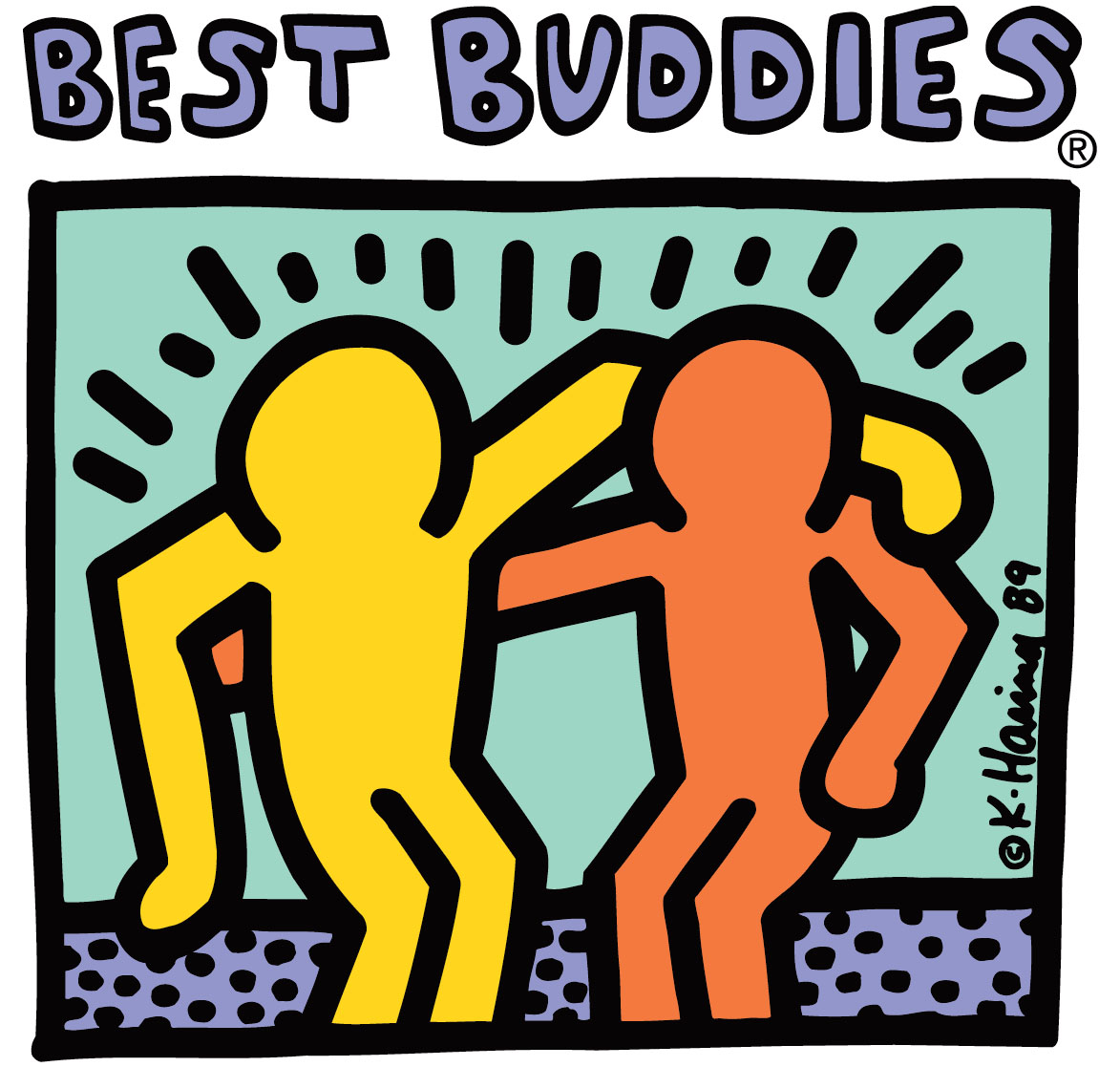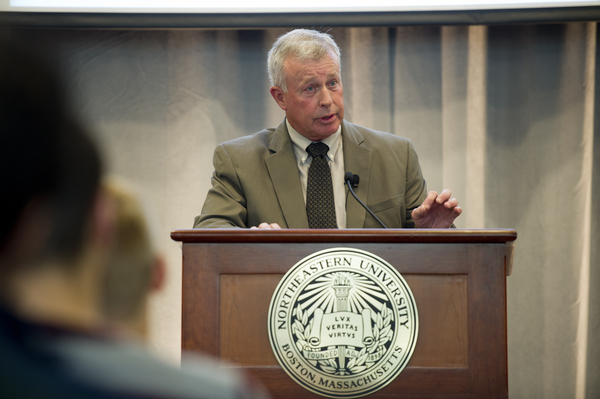Every year on the first Wednesday in March, thousands of people across the country take part in “Spread the Word to End the Word,” a national campaign to raise awareness about the use of the r-word. The word “retarded” was once a diagnosis for people who are mentally delayed or intellectually challenged. However, in modern usage this word has been abused and is used in an insulting manner. Many people who use this word do not even realize the damage and pain they are causing. The goal of “Spread the Word to End the Word” is to spread awareness about the hurtfulness of this word and the population that it unfairly misrepresents when it is used.
Up to 3% of the world’s population have intellectual disabilities, representing 200 million people around the world. Although often placed under labels and stereotypes, each of these people are unique and should not be defined by their disability. By using the r-word, society perpetuates an unfair, unjustified label and insults a valuable part of our population. The word “retarded” started to gain usage during the 1960’s to classify people with developmental or intellectual disabilities. Throughout the past few decades, it has transitioned into a hate word, implying stupidity and offense. These connotations could not be farther from the truth. Developmental disabilities are not comparable to idiocy or absurdity and using the r-word inaccurately ties these words together. Take Temple Grandin as an example. Diagnosed with autism at age two, Grandin went on to receive her bachelor’s degree in psychology, master’s degree in animal science, and doctoral degree in animal science, developing revolutionary methods of livestock handling aimed at improving animal welfare. She has been featured in The New York Times, Time Magazine, Forbes, and Discover Magazine and in 2010 was named one of Time Magazine’s most influential people. Grandin is just one of many examples of the incredible contributions that people with developmental disabilities make to our society.
In spite of these admirable achievements, abuse towards this population continues. In 2010, people with disabilities were victims of serious violent crimes at a rate three times higher than people without disabilities and 30% of adults with disabilities reported one or more types of mistreatment. Our treatment of this population is unacceptable and using hateful, demeaning words only propagates this behavior. In the words of John Franklin Stephens, a “global messenger” for the Special Olympics,
“I can only tell you what it means to me and people like me when we hear it. It means that the rest of you are excluding us from your group. We are something that is not like you and something that none of you would ever want to be. We are something outside the ‘in’ group. We are someone that is not your kind.”
No one should be made to feel this way, and continuing to use the r-word is simply unacceptable. Awareness about this word is the first step in a long journey towards equal treatment for people with developmental disabilities. By choosing love and respect over hate and ignorance, we can transition away from language like this that hurts so many and start to treat this population with the admiration and respect that they deserve.
References:
[1] http://media.specialolympics.org/soi/files/spread-the-word/KeyMessagesAndTalkingPoints2014.pdf
[2] http://www.academia.edu/477376/The_Uses_and_Implications_of_the_Term_Retarded_on_YouTube
[3] http://www.grandin.com/temple.html
[4] http://www.centeronelderabuse.org/docs/ResearchBrief_Disabilities_508web.pdf
[5] http://www.nytimes.com/2013/03/03/opinion/sunday/a-word-gone-wrong.html



